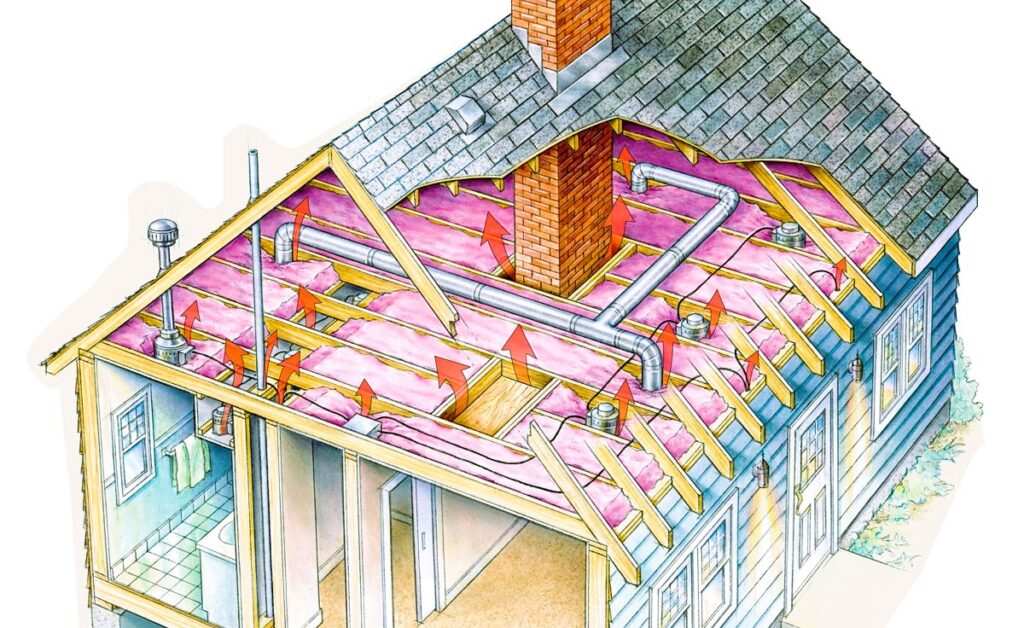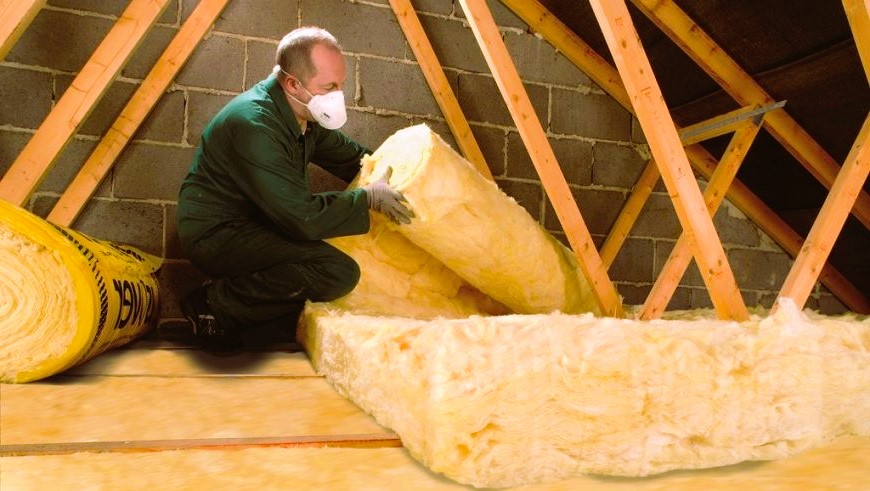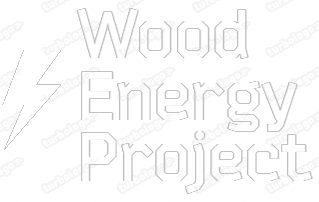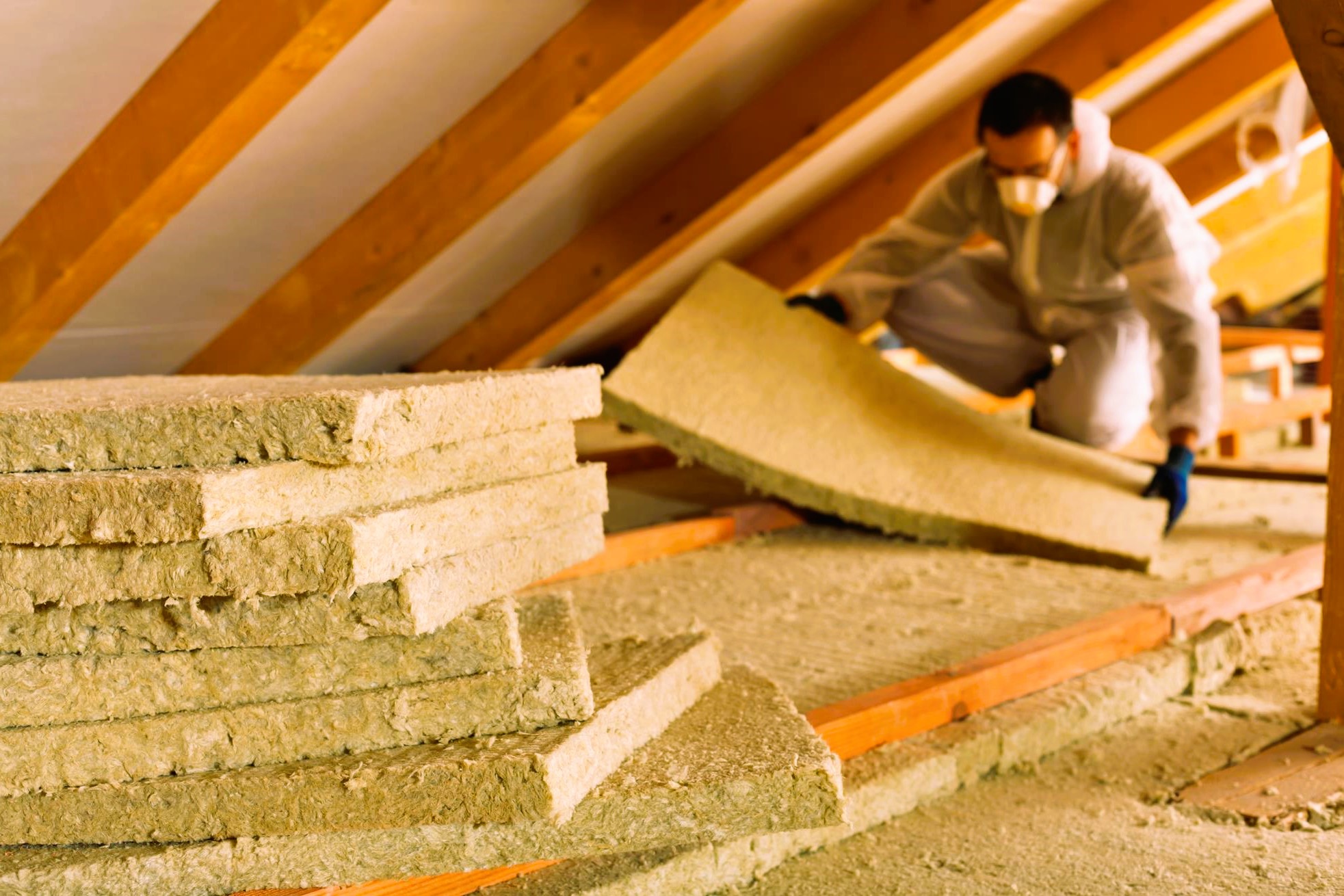Investing in insulation upgrades is a smart choice for homeowners seeking to improve energy efficiency, reduce utility bills, and create a more comfortable living environment. While insulation upgrades require an initial investment, many options pay for themselves over time through energy savings and other financial benefits. In this article, we will explore several insulation upgrades that offer long-term cost savings, making them a worthwhile investment for homeowners.
- Attic Insulation
One of the most cost-effective insulation upgrades is adding or increasing insulation in the attic. Heat rises, and without proper insulation, a significant amount of heat can escape through the roof, leading to increased heating costs. By adding insulation in the attic, homeowners can create a thermal barrier that prevents heat loss in the winter and heat gain in the summer. This insulation upgrade pays for itself over time by reducing energy consumption and lowering heating and cooling bills.
- Wall Insulation

Upgrading wall insulation is another investment that pays for itself over time. Walls can be a significant source of energy loss, especially in older homes with inadequate insulation. By improving wall insulation through techniques such as blown-in insulation or installing insulated wall panels, homeowners can reduce heat transfer, improve energy efficiency, and achieve substantial cost savings on heating and cooling expenses.
- Basement Insulation
Basements are often overlooked when it comes to insulation, but insulating this area can yield significant financial benefits. Properly insulating basement walls and floors helps to maintain a consistent indoor temperature, prevent heat loss, and reduce moisture infiltration. By insulating the basement, homeowners can enhance energy efficiency, reduce the load on HVAC systems, and enjoy lower energy bills.
- Duct Insulation
Insulating ductwork is a valuable insulation upgrade that can pay for itself over time. Uninsulated or poorly insulated ducts can result in significant energy losses as heated or cooled air escapes before reaching its intended destination. By insulating ductwork, homeowners can minimize these losses, improve HVAC system efficiency, and save money on heating and cooling costs. The energy savings achieved through duct insulation can quickly recoup the initial investment.
- Window Insulation
Windows are notorious for energy loss, but upgrading window insulation can make a noticeable difference in energy efficiency and cost savings. Options such as installing double or triple-pane windows, adding window films, or using window insulation kits can significantly reduce heat transfer and air leakage. These upgrades improve insulation, prevent drafts, and enhance overall comfort. While window insulation upgrades may have a higher upfront cost, the long-term energy savings and increased home value justify the investment.
- Door Insulation
Insulated doors provide a barrier against outdoor temperatures, reducing heat transfer and air leakage. Upgrading exterior doors with insulated models or adding weatherstripping and door sweeps can improve energy efficiency and reduce heating and cooling costs. Over time, the energy savings from door insulation upgrades can offset the initial investment, making them financially beneficial for homeowners. Like the article? Read also about Thermal insulation of windows to reduce costs.
- Energy-Efficient Appliances
While not strictly insulation upgrades, investing in energy-efficient appliances complements insulation improvements and contributes to long-term cost savings. Energy-efficient appliances, such as HVAC systems, water heaters, and refrigerators, consume less energy, resulting in lower utility bills. By pairing insulation upgrades with energy-efficient appliances, homeowners can maximize energy savings and achieve a faster return on investment.
- Reduced Maintenance and Replacement Costs

Insulation upgrades not only save money on energy bills but also reduce maintenance and replacement costs. Proper insulation helps to protect the structural integrity of a home by minimizing moisture infiltration, preventing mold growth, and reducing the strain on HVAC systems. This leads to fewer repair and replacement expenses over time, further enhancing the financial benefits of insulation upgrades.
Conclusion
Insulation upgrades are investments that pay for themselves over time through energy savings, increased home value, and reduced maintenance costs. Attic insulation, wall insulation, basement insulation, duct insulation, window insulation, door insulation, and energy-efficient appliances are all options that offer long-term financial benefits. By improving energy efficiency, reducing utility bills, and creating a more comfortable living environment, insulation upgrades provide homeowners with a sound return on investment. Consider these insulation upgrades to maximize cost savings and enjoy the long-term financial advantages they offer.

